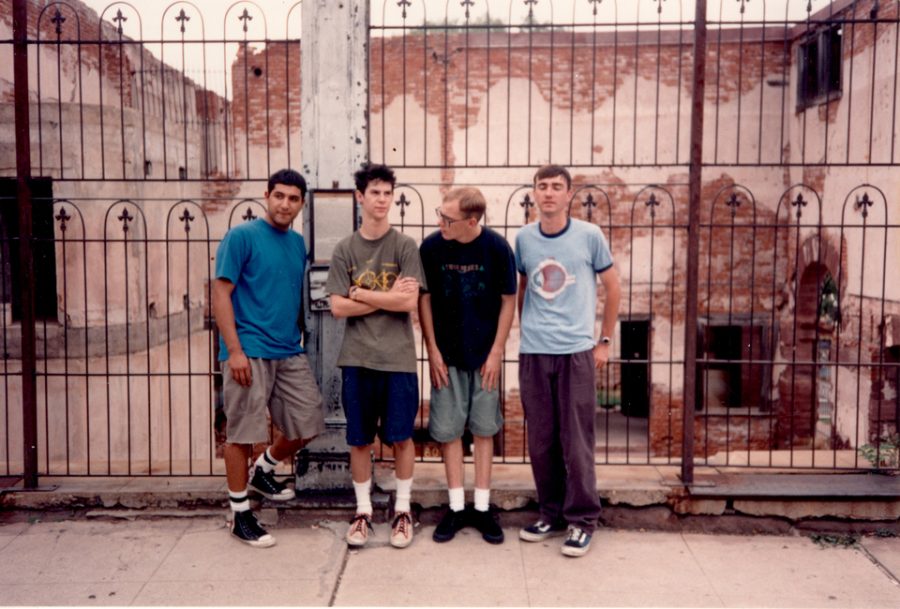Apathetic Nostalgia: Flake Music’s “Spanway HitsÛ
April 11, 2017
I wore flip-flops outside for the first time on Sunday, so that means Spring has sprung and my music listening habits have taken a minor turn. Namely, I listen to A LOT more indie rock. It just matches the weather so well. I may be walking to take a massive accounting exam, but throw on a Shins or Vampire Weekend album and the clean guitar riffs and quirky time changes make for a happy Skuffy. This week, I’m gonna look at my favorite song from an indie rock album that has achieved something of a cult standing based on what band the members later went on to form: “Spanway Hits” from Flake Music’s only full-length record When You Land Here, It’s Time To Return.
Released in 1997 on Omnibus Records, there wasn’t much initial fanfare for the record, and it sat out-of-print for a good while, even after The Shins—the band that came out of Flake Music—had achieved relative success. The record was eventually remastered and repressed by Sub Pop in 2014, and I was incredibly happy. I had been searching for a legit copy obtained by less yarr-harr means, and I was finally able to own a copy on vinyl (still on the hunt for an OG press though). There is something about the opening track, however, that grabs you and, in my opinion, is still one of Mercer’s best songs.
It’s hard to imagine the gray-bearded and balding James Mercer as having been young at one point, even though the above picture clearly proves it happened. This is even evident in his songwriting at this point, as even though he was only 26 or 27 when “Spanway Hits” was released, it’s written with the cynicism and apathy of a much older man.
Use a pen to reflect
What you’ve got left to protect
On the old dusty shelves
In your childhood room
You’ve got a lot to go on
Posters of Simon LeBon,
It might help you decide
In case you ever try
The opening verses here describe a general picture of a nostalgic scene: posters of 80’s new wave musicians, dusty shelves probably full of childhood trinkets, but the second line implies that Mercer doesn’t think there is truly much left of importance there—that who we are growing up may not be relevant to who we are now. We change, we develop. Going forward to the closest thing the song has to a chorus, this idea gets further tossed around:
Cut all these ties you’ll see
How far apart we are
No two of us sees or acts alike
While generally true that when you remove what connects us, you see how different we are, which a less cynical person would claim is a good thing, but Mercer’s nihilistic thought tendencies come out here and later in the song in great force:
Wasting time and pretend
You’ve got the words to defend
Well all the bias you’ve learned by being human
Remember that we all knew
Riding Big Wheels was cool
We’d give it all to be that dumb again
These are our bonds and ties
In spite of what they are















